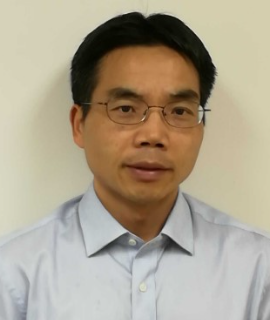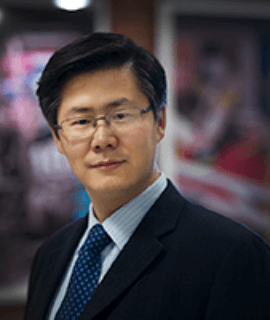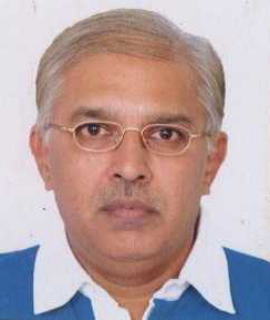Bioelectricity & Bioelectrical Research
Microbes generate energy at the expense of electrons produced during their metabolism, which is known as bioelectricity. Bioelectric potentials are produced by a variety of biological processes and typically range from one to a few hundred millivolts in strength. The electric eel, on the other hand, generates currents of one ampere at 600 to 1,000 volts. Microbial fuel cells (MFCs)-based bioelectricity production is an alternative, competent, consistent, clean, and effective approach for producing green and renewable energy. MFC is a powerful technology that captures energy in the form of bioelectricity from organic matter (including trash) during microbial metabolism. Electromicrobiology refers to the study of prokaryotes that can interact with charged electrodes and use them as electron donors or acceptors. This is accomplished through a mechanism known as extracellular electron transport, in which outer membrane cytochromes are employed to oxidise and/or decrease insoluble electron acceptors that would otherwise be unavailable.
- Microbial Fuel Cell
- Bioelectrogenesis
- Renewable and Sustainable Electricity
- Electromicrobiology

Xingmin Sun
University of South Florida, United States
Bing Chen
Memorial University, Canada
Shailesh R Dave
Xavier’s Research Foundation, LCRD, India
Michaela Hostetler
The Ohio State University, United States


Title : Degradation of chitin using chitinase produced from molecular identified bacteria
Afra Mohammed Baghdadi, Jeddah University, Saudi Arabia
Title : Antibiotic resistance of clostridioides difficile
Xingmin Sun, University of South Florida, United States
Title : Metagenomics of the saline habitats of coastal Gujarat, India: Emerging potential for biocatalysis and bioremediation
P. Satya Singh, Saurashtra University, India
Title : Molecular Response Analysis for Lentinus squarrosulus AF5 under Azo dyes Stress: An Integrated Proteome Dynamics and Putative Metabolic Cascade
Anshu Mathur, Indian Institute of Technology Roorkee, India
Title : The necessity for innovative biotechnological solutions for the treatment of dying and textile effluents and their prose and cones
Shailesh R Dave, Xavier’s Research Foundation, LCRD, India
Title : In search of obesity-linked signature gut microbial features and species contributors of reproducible pathway shifts
Deep Chanda, National Institute of Technology, India